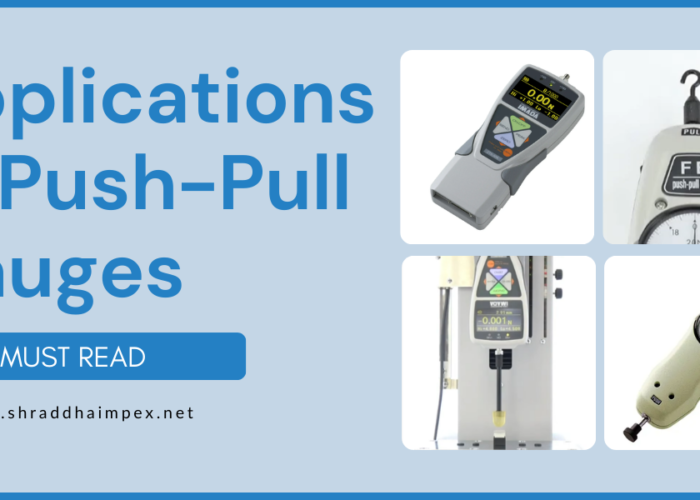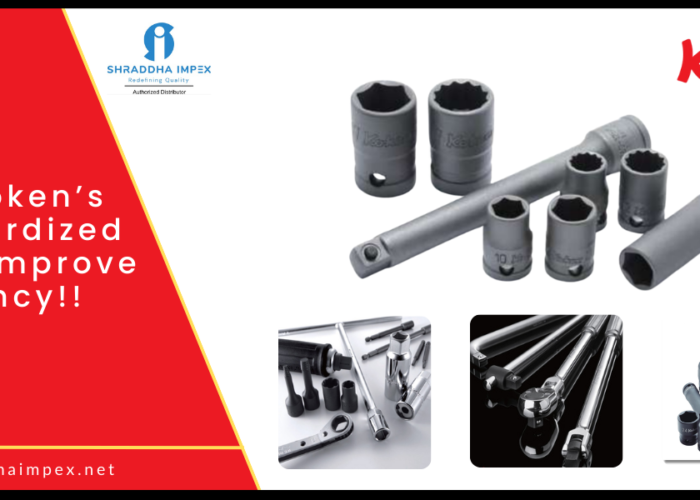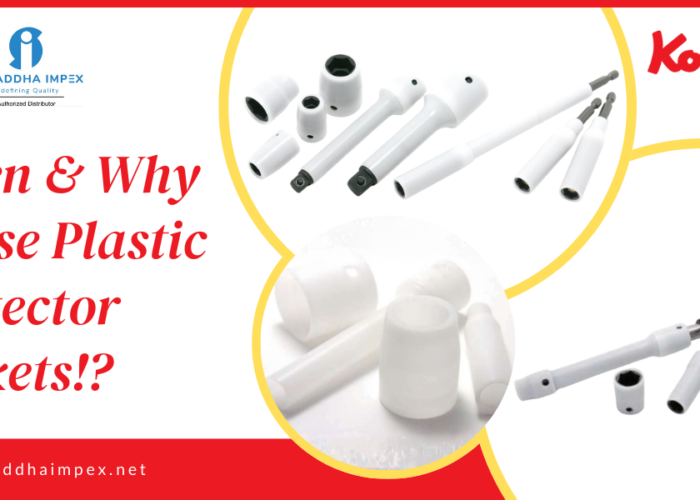In today’s fast-paced and competitive manufacturing industry, maintaining high-quality standards is of utmost importance. Quality control plays a crucial role in ensuring that products meet the required specifications and satisfy customer expectations. One tool that has proven to be invaluable in quality control processes is the push-pull gauge. Push-pull gauges are versatile instruments used to measure the force required to push or pull an object. In this article, we will explore the various ways in which push-pull gauges improve quality control, providing accurate measurements, enhancing efficiency, and ensuring product reliability.
The Significance of Push-Pull Gauges
Push-pull gauges have become an indispensable part of quality control in diverse industries, including automotive, aerospace, electronics, and manufacturing. These gauges provide a simple yet effective means of measuring force, allowing manufacturers to evaluate the quality and performance of their products. By accurately measuring parameters such as tension, compression, and torque, push pull gauges enable manufacturers to identify any deviations from the desired specifications and take corrective actions promptly.
How Push Pull Gauges Enhances Quality Control
1. Accurate Force Measurement
Push-pull gauges offer precise force measurement capabilities, enabling manufacturers to ensure that products are within the desired tolerances. With their high level of accuracy, these gauges eliminate guesswork and provide reliable data that can be used for quality control analysis. By obtaining accurate force measurements, manufacturers can identify any variations or defects in their products and make necessary adjustments to meet the required standards.
2. Ensuring Compliance with Standards
In many industries, there are specific standards and regulations that products must adhere to. Push-pull gauges enable manufacturers to verify compliance with these standards by measuring and comparing forces applied during testing. This ensures that products meet the required safety, performance, and quality criteria, providing customers with confidence in the reliability of the products they purchase.
3. Detecting Defects and Weak Points
Push-pull gauges are invaluable tools for detecting defects and weak points in products. By subjecting products to controlled forces, these gauges can identify any areas where the product fails or exhibits weaknesses. This allows manufacturers to address these issues during the production process, preventing defective products from reaching the market and avoiding costly recalls or customer dissatisfaction.
4. Enhancing Efficiency in Testing
Quality control processes can be time-consuming, especially when manual measurements are involved. Push-pull gauges streamline the testing process by providing quick and accurate measurements. With their user-friendly interface and intuitive operation, these gauges allow operators to perform tests efficiently, saving time and resources. The real-time data provided by push-pull gauges enables manufacturers to make informed decisions promptly, improving overall efficiency in quality control.
5. Ensuring Product Reliability and Safety
Product reliability and safety are paramount concerns for manufacturers. Push-pull gauges contribute to ensuring these factors by identifying any weaknesses or vulnerabilities in products that may compromise their reliability or safety. By conducting rigorous tests using push-pull gauges, manufacturers can ensure that their products can withstand the forces they are subjected to during regular usage, reducing the risk of failures or accidents.
6. Streamlining Calibration Processes
Calibration is an essential aspect of maintaining accurate measurements and ensuring the reliability of test equipment. Push-pull gauges often come with built-in calibration features, allowing operators to verify and adjust the gauge’s accuracy easily. This streamlines the calibration process, eliminating the need for additional equipment and reducing downtime.
Frequently Asked Questions (FAQs)
1. What are push-pull gauges?
Push-pull gauges are instruments used to measure the force required to push or pull an object. They are widely used in quality control processes to ensure that products meet the desired specifications.
2. How do push-pull gauges improve quality control?
Push-pull gauges improve quality control by providing accurate force measurements, ensuring compliance with standards, detecting defects and weak points, enhancing testing efficiency, ensuring product reliability and safety, and streamlining calibration processes.
3. Can push pull gauges be used in different industries?
Yes, push pull gauges find applications in various industries, including automotive, aerospace, electronics, and manufacturing. They are versatile tools that can be adapted to different testing requirements.
4. Are push pull gauges user-friendly?
Yes, push pull gauges are designed to be user-friendly, with intuitive interfaces and easy-to-understand operation. They can be used by operators with minimal training, enhancing the efficiency of quality control processes.
5. How often should push pull gauges be calibrated?
Push pull gauges should be calibrated regularly to ensure accurate measurements. The frequency of calibration depends on factors such as the frequency of use and the level of accuracy required. It is recommended to follow the manufacturer’s guidelines for calibration intervals.
6. Are push pull gauges suitable for both destructive and non-destructive testing?
Yes, push pull gauges can be used for both destructive and non-destructive testing. They allow manufacturers to subject products to controlled forces without causing permanent damage, making them ideal for a wide range of testing applications.
Push pull gauges are invaluable tools that significantly contribute to quality control processes. With their accurate force measurement capabilities, these gauges enable manufacturers to ensure that their products meet the desired specifications and comply with industry standards. By detecting defects, enhancing testing efficiency, and ensuring product reliability and safety, push pull gauges play a crucial role in delivering high-quality products to the market. As manufacturing industries continue to strive for excellence, push pull gauges will remain indispensable in maintaining and improving quality control standards.


